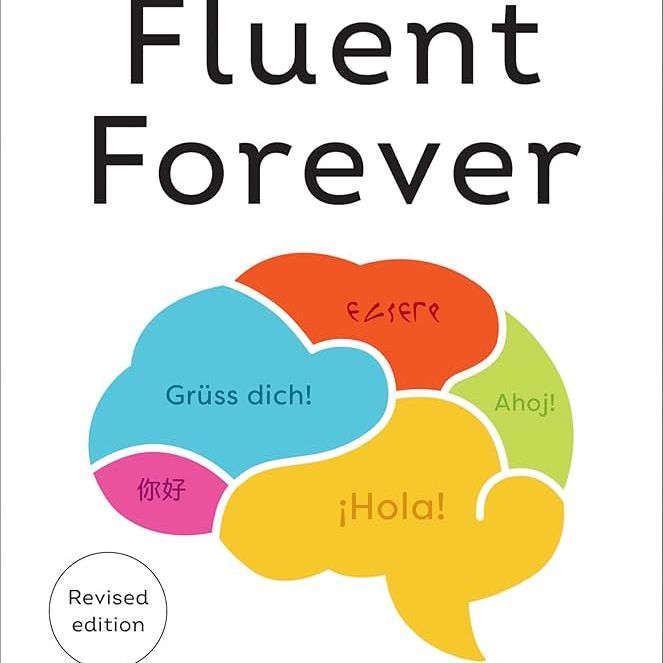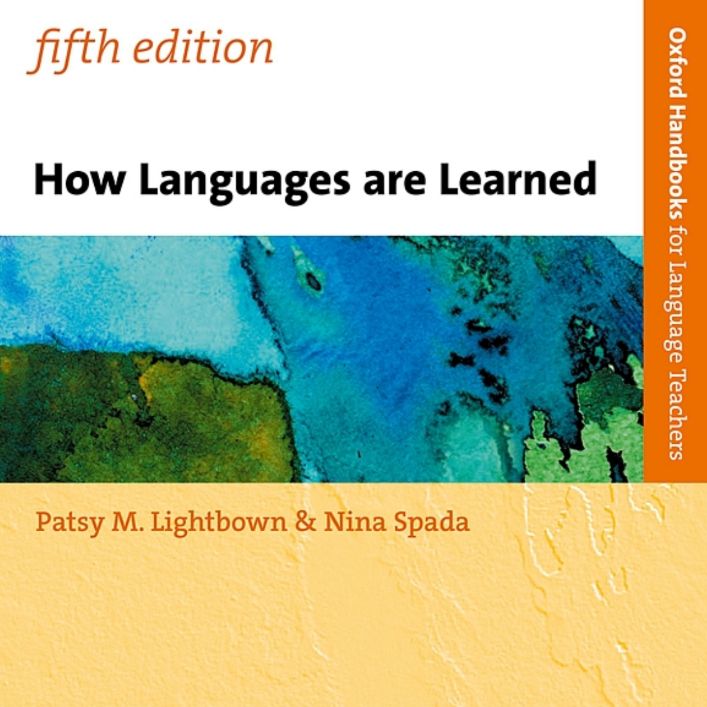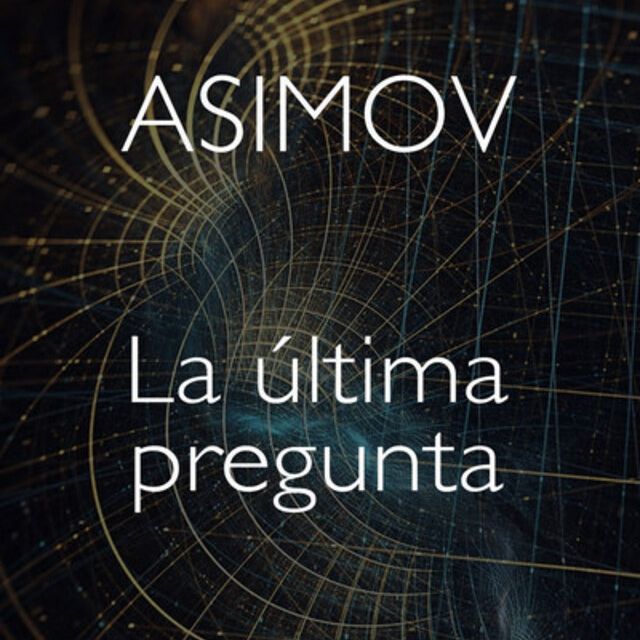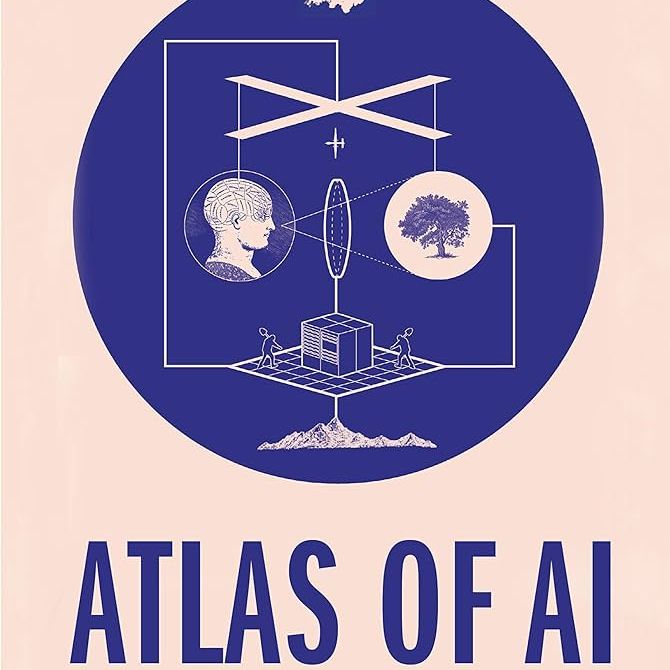
Self-introduction
Description
[Conversation 1]
앤디 : 안녕하세요? 앤디예요. 이름이 뭐예요?
소라 : 소라예요.
앤디 : 소라 씨, 한국 사람이에요?
소라 : 네, 한국 사람이에요.
앤디 : 저는 미국 사람이에요.
소라 : 아, 그래요? 반갑습니다.
[Conversation 1]
Andy : Hello. I am Andy. What is your name?
Sora : I am Sora.
Andy : Sora, are you Korean?
Sora : Yes, I am.
Andy : I am American.
Sora : Oh, really? It is nice to meet you.
[Conversation 2]
앤디 : 소라 씨, 이분이 누구예요?
소라 : 미나 씨예요.
앤디 : 안녕하세요? 미나 씨. 앤디예요.
미나 : 안녕하세요? 앤디 씨.
앤디 : 회사원이에요?
미나 : 아니요, 학생이에요.
[Conversation 2]
Andy : Sora, who is this person?
Sora : This is Mina.
Andy : Hi, Mina. I am Andy.
Mina : Hi, Andy.
Andy : Are you an office worker?
Mina : No, I am a student.
[Grammar]
이다 : attaches to the end of a noun to make it the predicate of the sentence.
이다 is used to express that the subject and predicate are the same thing.
The corresponding informal forms, 예요/이에요, are the same for both the descriptive
and interrogative forms, with the interrogative form rising in intonation as it is pronounced:예요?이에요?
이에요/예요
[Vocabulary]
Korean : 한국 사람
American : 미국 사람
office worker : 회사원
student : 학생
name : 이름
Chaîne de podcasts
Reading Korea.
Auteur
Tous les épisodes

Fluent Forever de Gabriel Wyner en español

Siete breves lecciones de física de Carlo Rovelli

Cómo se aprenden los idiomas - How languages are learned

La última pregunta de Isaac Asimov

Atlas de la Inteligencia Artificial de Kate Crawford 📖
Épisodes populaires

El Librero de la Flaska
Fluent Forever de Gabriel Wyner en español

El Librero de la Flaska
Siete breves lecciones de física de Carlo Rovelli

El Librero de la Flaska
Cómo se aprenden los idiomas - How languages are learned

El Librero de la Flaska
La última pregunta de Isaac Asimov

El Librero de la Flaska
Atlas de la Inteligencia Artificial de Kate Crawford 📖